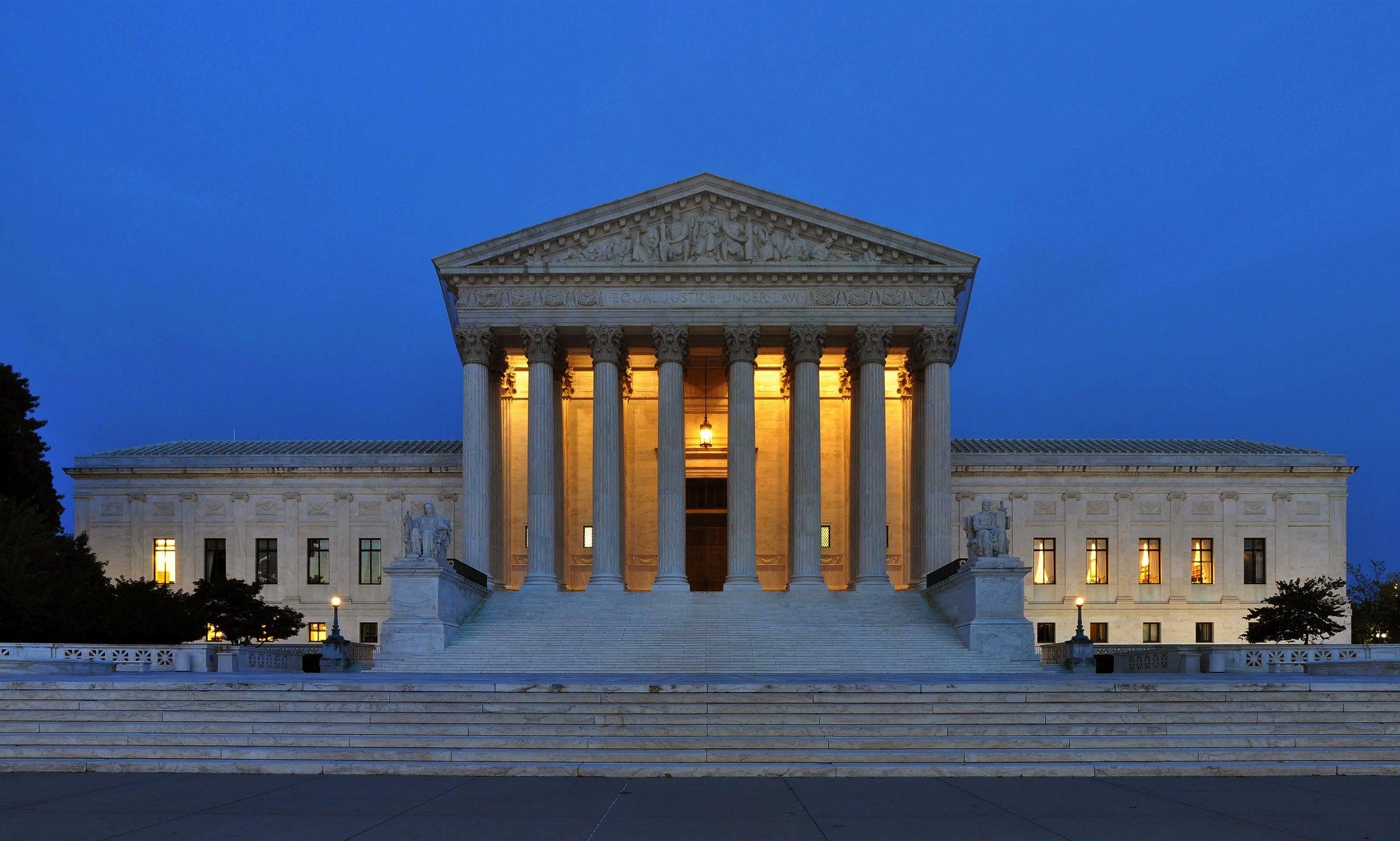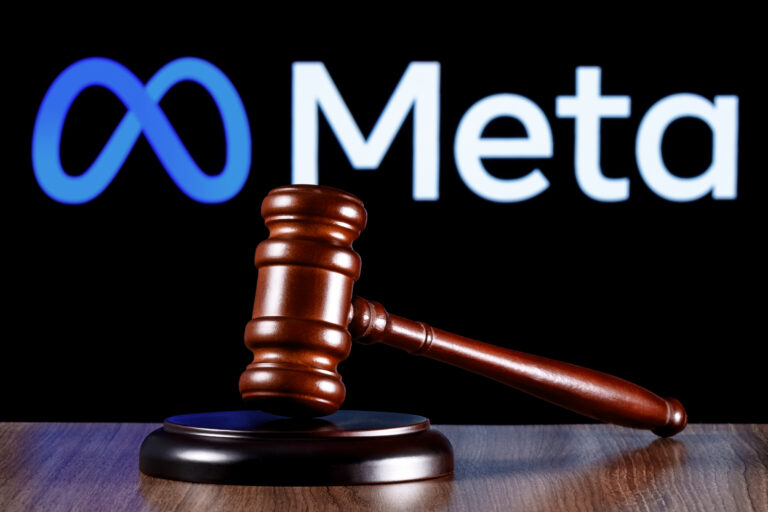Free Expression Foundation Applauds Supreme Court’s Recent Bonta Decision That Protects Against Required Disclosure Of Nonprofit Donor Information
The Supreme Court has long recognized that implicit in the right to engage in First Amendment activities is a corresponding right to associate with others. Indeed, the Court has held that protected association “is especially important in preserving political and cultural diversity and in shielding dissident expression from suppression by the majority.” Roberts v. United States Jaycees, 468 U.S. 609 (1984). One way this right of association is effectively exercised is by the financial support of nonprofit organizations. Nonprofits without financial support, however lofty their aims, rarely have much clout.
But it is no secret that if information about donors to controversial nonprofits becomes public, the donors may suffer unwanted publicity, loss of business or employment, and physical threats and assaults, among other harms. Recognizing this reality, the IRS, although requiring in some instances disclosure on federal nonprofit tax forms of donor information, protects against its disclosure to the public. Some decades ago, however, California passed a state law requiring disclosure of nonprofit donor information for nonprofits operating in California. California began vigorously enforcing its law in 2010.
In Americans for Prosperity Foundation v. Bonta, two conservative nonprofits challenged the law in federal court. The nonprofits presented evidence that as a result of the California law they had received threats, harassing calls, intimidating emails, and even pornographic letters. The District Court ruled favorably to the nonprofits, striking down the law on First Amendment grounds. The Ninth Circuit, however, reversed and upheld the law. In this posture, the case reached the Supreme Court.
On July 1, 2021, the Supreme Court, to its credit, reversed the Ninth Circuit and upheld the District Court’s decision. The high court held that as to freedom of association, First Amendment protections are triggered not only by actual restrictions but by the risk of a chilling effect, because First Amendment freedoms need breathing space to survive, and the prospect of threats and harassment obviously could have a chilling effect on a nonprofit’s donors.
Given that the Court’s decision broke down 6-3 along party lines, some may see it as political and partisan. FEF does not see it that way. In FEF’s view, the Court vindicated a fundamental right of association that every freedom-loving American should want to be protected. FEF salutes the Court’s wise and principled decision.







